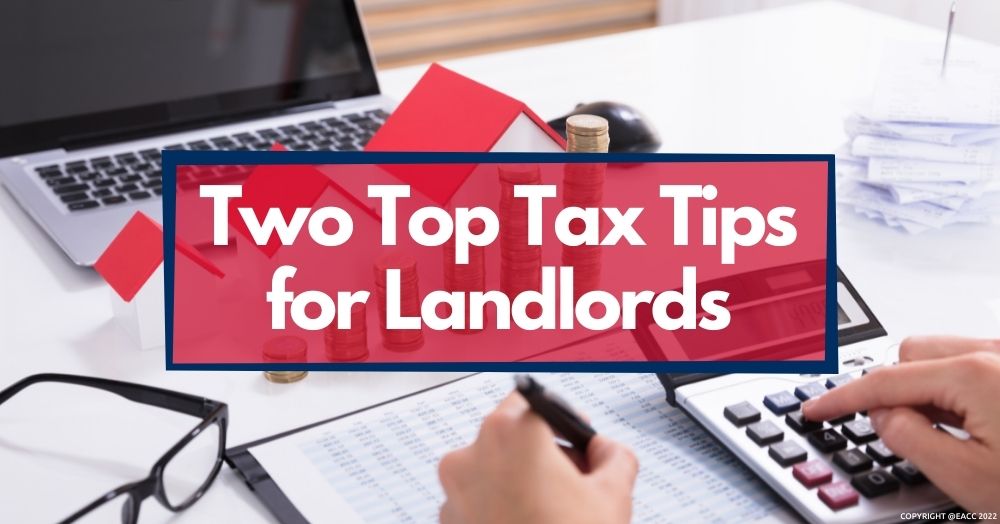Two Top Tax Tips for Landlords
This two-minute read includes some handy tax advice for landlords.
Our tax system is often criticised for being complicated and unwieldy, but by following two simple rules you can take the stress and hassle out of filing a return.
Rule Number 1: Do your homework
Raise your hand if you find the subject of tax dull? You’re not alone, many people cite tax as a conversation killer (right up there with religion and politics).
And because they find it boring, they don’t bother to learn much about it or keep abreast of rule changes.
The problem is when you’re a landlord, ignorance isn’t bliss – it costs you money. If you don’t understand the system, you can’t minimise your tax bill.
So do your homework and make sure that:
- You understand exactly what you can claim as tax deductible expenses. Many landlords grasp the big picture stuff but overlook the smaller items that, when added together, can significantly reduce their bill.
- You’ve investigated whether it’s worth setting up as a limited company. This option won’t be advantageous for everyone (it tends to be more beneficial if you own a lot of properties).
- You’ve looked into the possible benefits of putting your property portfolio into joint ownership. This is worthwhile if, for example, you’re a high-rate taxpayer and your co-owner is on a low income.
Rule Number 2: Get organised
Once you understand the tax rules, be disciplined with your record-keeping.
This means keeping receipts for repairs, maintenance work, safety checks, and insurance. The same goes for service providers such as cleaners, gardeners, and letting agents, and things like phone calls, stamps, and travel to and from the property.
We would advise that you tally up your expenses every month, instead of throwing all your paperwork in a drawer and having a panic later. If you’re disorganised, you’re much more likely to lose important documents or forget to claim something.
Don’t be an ostrich
Don’t be like one of the 1,790,368 people who missed their 2021 filing deadline and had to pay an HMRC fine.
As a landlord, you can’t dodge your tax responsibilities, so don’t bury your head in the sand. Educate yourself and be proactive.
We always advise our landlords to contact an accountant who has experience in dealing with property tax matters.
Contact us to find out how we help local landlords make the most of their rental investments.





